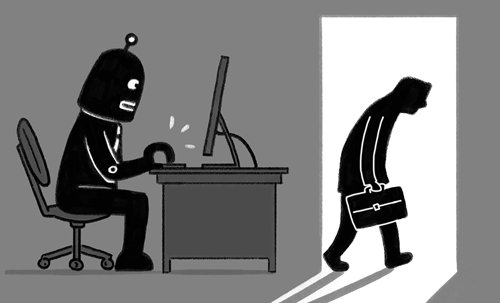Rural-urban divide troubles not only France

Illustration: Liu Rui/GT
A narrow or even closed urban-rural gap is an outstanding feature of a developed society compared to a developing one. Nonetheless, France's "yellow vest" protest marked a reversion. The gap that was bridged is widening again and causing social instability.
Will it become a universal phenomenon in contemporary society? It is hard to say. However, the problem exists in all industrialized countries, including China.
The "yellow vest" protesters mainly include small business owners, farmers, maintenance workers, nurses, maids and truck drivers, who live and work in the suburbs, rural areas and remote areas. It is this middle-class group born in the early days of industrialization that has long been the backbone of French social stability.
Most of them moved gradually from cities to suburbs and rural areas after the rural-urban disparity was eliminated. Meanwhile, they began to seek jobs in the service industry as the nature of manufacturing changed.
The "yellow vest" protests were driven by the group's rejection of the gasoline tax, but by nature were a reflection of their long-standing grievances due to the widening wealth gap and decreasing income.
They are the major taxpayers as well as the complainants who are dissatisfied with the scarce income and benefits including state pensions and unemployment insurance. Although not the poorest in society, they are fed up with rising pressures on commodity prices and living costs, and are worried about their family's future amid globalization.
This is a time in which rapidly developed artificial intelligence (AI) and robotics are about to replace manpower, and well-paid jobs mostly in finance and internet sectors are increasingly concentrated in cities. As a result, manufacture and service industry workers who are used to living in suburbs are laden with anxiety.
Behind the "revolution" is an expanding rift between urban and rural areas. When a vast majority of highly-paid jobs are based in cities, a gradual difference in education, income and employment opportunities has begun to show between people living in urban areas and those in suburbs and rural areas.
Because high-end industries like finance, technology and insurance are dominating urban areas, people who lived on manufacture are sliding to the bottom of society. Most of them live in suburbs or rural areas and are involved in relatively low-end work.
However, France is not alone in facing this problem. The increase of employment in 53 big cities of the US represented 72 percent of that in the whole country. The situation is similar in China. When more people of high-income group choose cities, the industries related to them will follow their steps. As a result, big cities will grow larger and more chaotic, constantly expanding to the periphery beyond the capacity of public resources.
For developing countries like China, this possibly means suspension or delay in efforts to end the gap between urban and rural areas. The application of AI has been further widening the income gap between people living in cities and the countryside. The contraction of manufacturing forced a large number of workers to leave the assembly lines, or even leave the cities and go back to villages or small towns. Most can only live in the suburbs even if they find a way to live on service work.
According to a latest survey by PricewaterhouseCoopers, AI and related technologies, such as robots, drones and autonomous vehicles, could displace around 26 percent of existing jobs in China over the next two decades, rather higher than the 20 percent estimate for the UK.
Although it could create significantly more jobs in China by boosting productivity, real income and spending levels, these new jobs would be in the service industry. That means a larger population of low and low-middle income groups with insecure jobs, and a decrease in the possibility of a better life for them and their children.
Providing these people social security and stable income will be the main challenge for China's development.
The author is a senior editor with People's Daily, and currently a senior fellow with the Chongyang Institute for Financial Studies at Renmin University of China. dinggang@globaltimes.com.cn. Follow him on Twitter @dinggangchina

